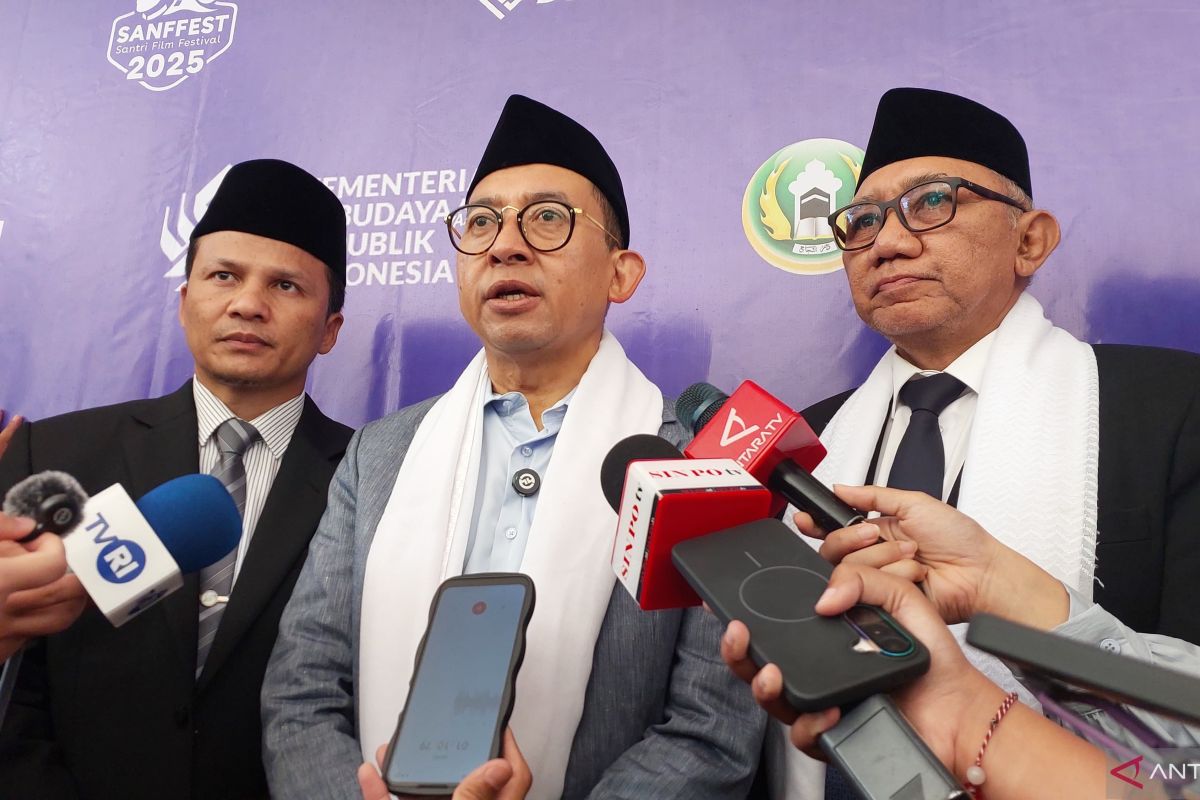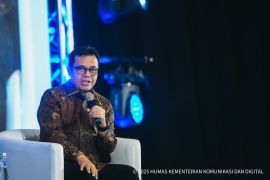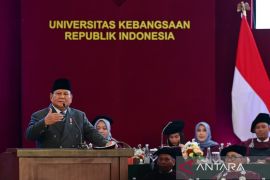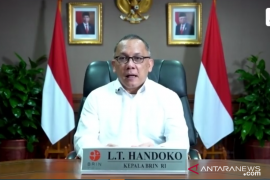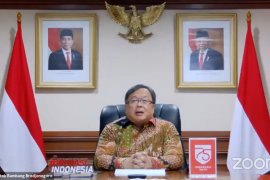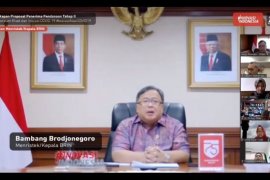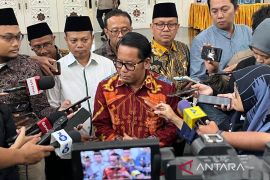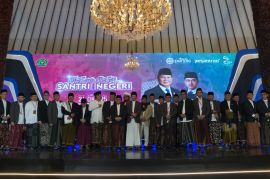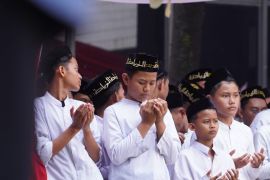“Artificial intelligence will become a key tool and instrument in the future. It can serve as a valuable assistant -- and perhaps one day, AI might even be able to create films. But of course, it must be guided by strong artistic skills,” Zon said during a visit to Darunnajah Islamic Boarding School in Jakarta on Sunday.
He emphasized that while technology plays an increasingly helpful role in simplifying film production, it must be paired with strong creative and technical abilities, as filmmaking requires careful execution.
In addition, Zon invited santri to tell stories from everyday life in Indonesia's diverse regions, which can be developed into compelling film scripts.
Stories of heroism that foster nationalism, childhood tales, or the life and traditions within pesantren (Islamic boarding schools) could be adapted into various film genres, enriching Indonesia’s cinematic landscape.
“There are many students who live and study in pesantren, and countless stories -- especially from past Islamic preaching (dakwah) traditions -- remain untold in film. These narratives can add diversity to our cinema. Our films shouldn’t be dominated by only one genre,” Zon said.
He also highlighted the growing strength of Indonesia’s film industry, pointing to the increasing number of local films being featured at international festivals and the rising cinema attendance across the country.
This momentum, he said, presents an opportunity for young filmmakers to showcase their best work, contribute to the vibrancy of local cinemas, and promote national culture.
“I believe we all share a responsibility to advance Indonesian national culture so that it can become more recognized on the global stage,” said Zon.
Through the Ministry of Culture’s Santri Film Festival 2025, Zon hopes the program will provide a platform for aspiring filmmakers from pesantren backgrounds to thrive in the national -- and even international -- film industry.
Related news: Govt encourages emergence of filmmakers from Islamic boarding schools
Translator: Fitra, Azis Kurmala
Editor: Primayanti
Copyright © ANTARA 2025
